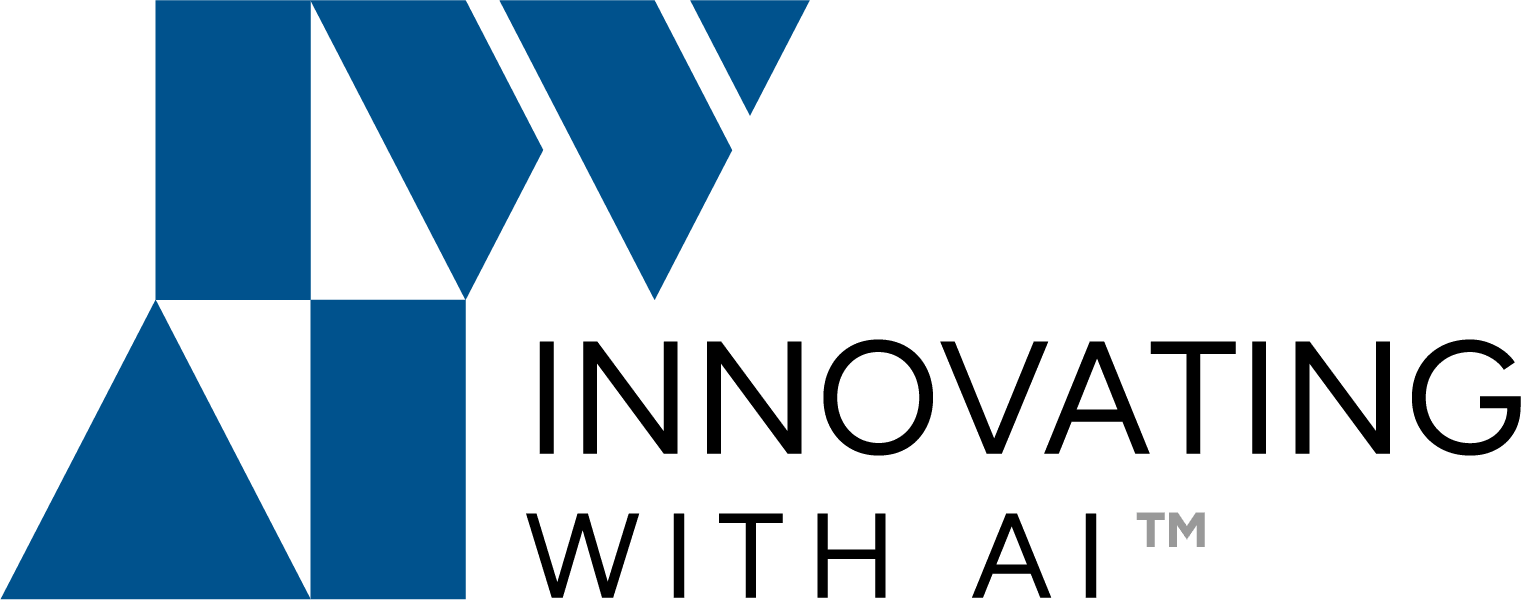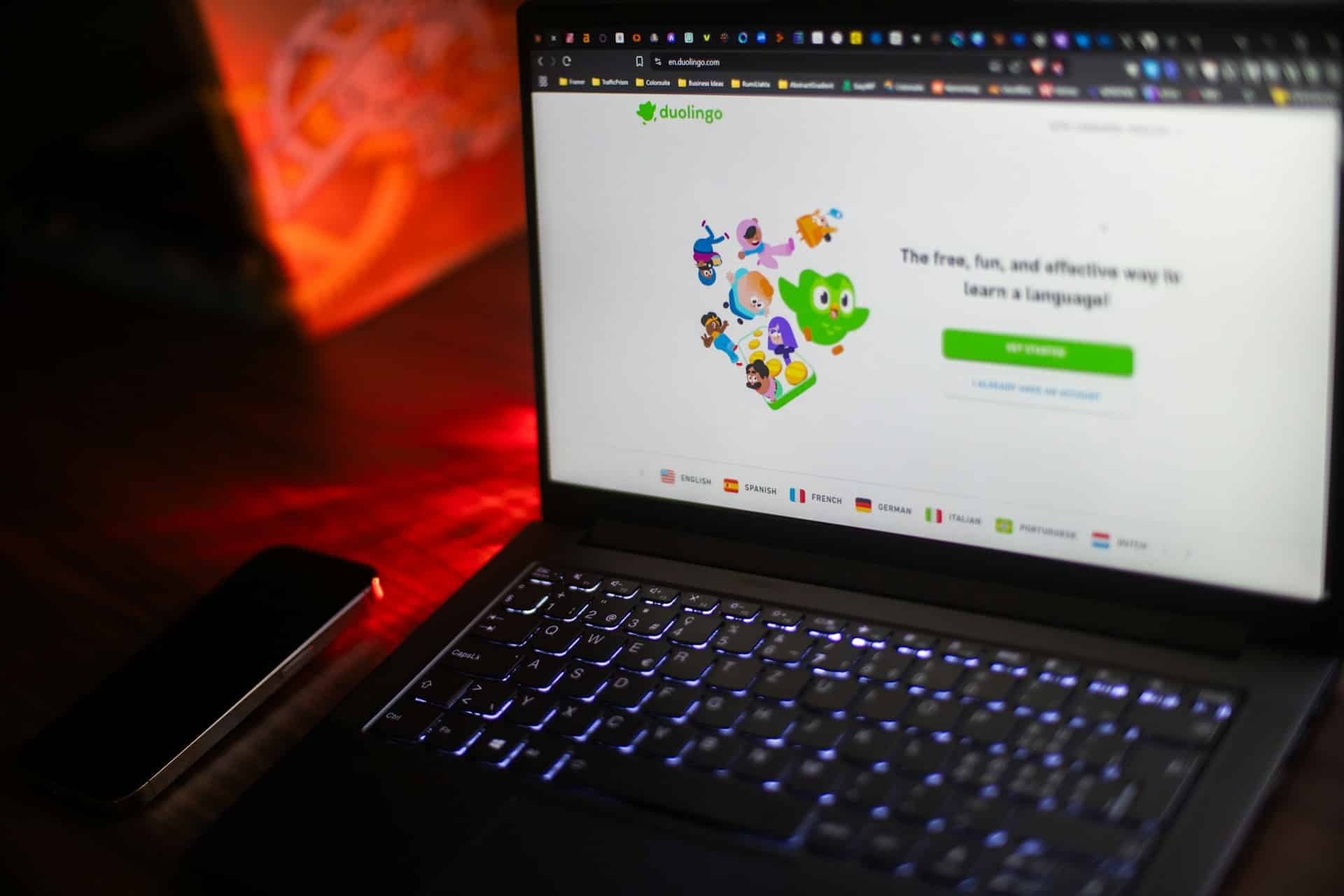It says a lot when you seemingly kill off your beloved mascot in a hit-and-run, and the viral stunt gets dwarfed by Internet-wide backlash to a virtual wreck of a different kind.
Duo, a green owl associated with the language learning app Duolingo, had been struck by a Tesla truck and killed. The video of the “incident” was viewed millions of times on TikTok alone. Theories abounded, discussing who was responsible and whether it spelled the end for the popular mascot.

Much to everyone’s relief, Duo was soon revived and once again alive and well, thanks to Duolingo’s many users who completed lessons in the app. That should have been the most exciting thing to happen to Duolingo’s brand this spring. After all, the darkly humorous stunt was the latest in a slew of marketing wins for the hugely popular language learning app.
But what followed was an announcement so shocking and poorly received that we went from theorizing if Duo was truly dead to wondering if Duolingo had just buried its brand alive—all thanks to a poorly thought-out AI-related announcement.
It began with an email
CEO Luis von Ahn’s all-hands email confirming that the brand would be going “AI-first” was widely shared on the company’s LinkedIn page.
“We’ll gradually stop using contractors to do work that AI can handle,” he announced. Von Ahn also stated that AI would be prominent not only in future hiring practices but also in performance reviews. As for the Duolingo app itself, the CEO said that the company planned to “move with urgency, and take small occasional hits to quality than move slowly and miss the moment.”
Though von Ahn insisted that Duolingo will remain a company that “cares very deeply about its employees,” the sentiment was buried too far along in the email to matter. Minds were already made up after reading the phrase, “AI-first,” and with it came an unspoken association: “Human-last.”
The backlash was swift, and it soon became clear that Duolingo didn’t understand its audience. The announcement was the equivalent of having a beloved mascot spotted on a smoke break by a small child who didn’t understand that there was a man in the costume. It was a mask-off moment, undermining years of engagement that had previously painted the brand as truly human-first in the eyes of its customers.
Duolingo’s human-to-AI pivot had immediate (disastrous) impact
With so many professionals on LinkedIn choosing to meet even the most unpleasant circumstances with a dose of corporate positivity, it’s notable that many of the top comments on the “AI-First” announcement post were divisive—or even outright negative.
“You can’t care about your employees and put AI first,” wrote Investor Accountant Morgan Wallace. “This is so ridiculous and disappointing,” Wallace added that he would be bringing what was a 1,136-day streak to an end because “[Duolingo is] choosing janky programming over people.”
Tim Stutts, a UX designer, asked, “How far are you willing to go down this path of AI-first workplace, eliminating human touch-points wherever possible?” He expressed concern that Duolingo’s decision to prioritize AI at every conceivable turn would inevitably harm customer experience. Our readers agree, with a whopping 80% of respondents to our survey saying that AI use should be balanced with a human-centered approach.
Commenter Josh Thompson felt the email had the “same energy as Nestle saying that efforts to fight slavery in cocoa producing countries would cause the price of chocolate to increase.” He found Duolingo’s behavior “extremely disappointing,” while adding “if you can’t scale your content ethically, then it shouldn’t exist.”
Senior Product Designer Krystal Pham called out a contradiction in that Duolingo admitted it will “eliminate jobs,” but maintains that it will stay a company that cares about its employees. Said Pham, “There’s small hits to quality, and then there’s big hits like this to your image. [All] for the sake of staying ahead of the curve.”
Comment after comment expressed one of three sentiments: disappointment in Duolingo’s contribution to a shrinking job market, skepticism regarding the brand’s true motivations, and a sense that customer experience would inevitably decline. Many professionals shared that they were either considering deleting the app and canceling their premium service, or had already done so.
However, not everyone thinks that pivoting to an AI-first approach is necessarily the wrong choice—but it may not be the right one either. Innovating With AI recently polled its readers and found that 75% believe it’s possible to do so without jeopardizing consumer confidence, though only if rolled out properly.
“A failure to communicate”
Few companies were as plugged into popular culture as Duolingo, understanding how to get people talking and keep its massive customer base engaged. To date, Duolingo has been downloaded more than 500 million times on Android devices and has over 16.7 million followers on TikTok alone. TikTok’s “unserious” vibe is a world away from the more buttoned-up LinkedIn, where the company has 729,000 followers as of this writing.
As negative as the feedback was on LinkedIn, it was even worse on TikTok. The viral response to the announcement was unmistakably vitriolic. As with LinkedIn commentators, there were declarations of ending premium usage and halting streaks across the platform. Once again, there was a sentiment that Duolingo’s “AI-first” pivot represented a betrayal of their employees and an impending decline in customer experience.
It’s a concern that Jen Gennai, Non-Executive Director & Head of Responsible AI for T3 Consultants, suggested reframing during an interview with Innovating With AI Magazine.
“I disagree with ‘AI-First’ as [the sentiment that] AI comes first and then humans come second or last.” Instead of the rather loaded “AI-First,” phrase, Gennai agreed with the sentiment that businesses should instead be using a “human-centered” approach.
“It means that at each stage, we are considering how humans are not just interacting with these AI technologies, [but also] how they will be impacted by them. Who is making decisions? Who provides human oversight and accountability?”
Likewise, who keeps track of not only how human customers engage with the brand…but also why? With the backlash being so severe, the weeks since the announcement have seen talk of Duolingo backtracking on its plans to heavily integrate AI across all levels of business operation. Whether the AI-first initiative will eventually roll on as planned remains to be seen.
For other businesses hoping to make the most out of incorporating AI into their business or product, there are lessons to be learned here—not just from the decision to pivot towards heavy reliance on AI technology, but also in how a brand makes the announcement.
Three key lessons from Duolingo’s mistakes
Established businesses hoping to maximize profits through AI implementation likely feel trepidation about admitting this, even when it’s not the entirety of their future goals. Even with AI’s potential to increase corporate profits by $4.4 trillion per year, we exist at a time when these massive gains coincide with the reality of shrinking opportunities for professionals across multiple industries.
With this in mind, there are a few important lessons that established, human-led companies must learn from the Duolingo backlash to avoid running into similar negative feedback.
Lesson #1: Plan, then pivot
A notable chunk of the criticism of Duolingo’s “AI-first” pivot insists that AI is to blame for a drop in quality, with the technology accused of making mistakes or reducing the quality of customer experience. In situations where AI is getting incorporated in stages, it’s best to ensure that your adjustments improve product quality.
Introduce customers to AI-related changes over time. This could be done through voluntary beta testing or slow rollouts. As time passes, you can hear firsthand from customers how AI is making the product better or worse. You can get direct feedback that can then be used to streamline the overall customer experience further.
When your brand identity is on the line, shoot for ethical and responsible AI adoption as much as possible. If the customers have a poor experience related to an inability to incorporate the AI smoothly, it will harm their trust in the technology and your company. While CEO Luis von Ahn wasn’t interested in waiting for the technology to be 100% perfect, it’s clear he overestimated the number of paying customers willing to wait for Duolingo to get it right.
Lesson #2: Never sacrifice customer experience
One of the most telling aspects of the all-hands email is the absolute lack of emphasis on customer experience or service quality. At no point did there seem to be any excitement about improving how customers experience Duolingo. Instead, Luis von Ahn repeatedly mentioned how quality would have to suffer so that the pivot to AI could happen as quickly as possible. Unfortunately for the Duolingo CEO, customers aren’t interested in paying for a bad experience. In our survey, a mere 7% of Innovating With AI readers felt that de-prioritizing CX was justifiable for long-term gains.
Too often, business owners assume the bottom line is more important than how the people who pay for their service or product feel about it. Duolingo was known to lean into jokes and memes that made the brand beloved by millions of people. Going from deliberately engaging customers to making their experience irrelevant in the name of “efficiency” is a surefire way to not only lose their trust but also see many of them walk away from your product for good.
Lesson #3: Governance should complement brand identity
Duolingo’s CEO may want the brand to become an AI-first company with as few humans working there as necessary, but that vision isn’t meshing with many users who had previously connected with Duolingo and its memorable mascot on a purely human level.
If you own a brand that customers connect with on such a level, then that brand’s identity will inherently be viewed as “human-first” or “human-led.” A sudden shift away from this could irreparably harm customer trust. Gennai recommends establishing governance processes and remaining transparent about AI usage to avoid adverse customer reactions to implementation.
“I’m a big fan of governance [as an] indicator for businesses to show that they’re taking these issues seriously, and that they can be trusted.” She adds, “Transparency is another factor. Not just in the governance structure but also in transparency in the values of the company [and its] principles.”
Build your brand around people, not buzzwords
There’s no doubt that Duolingo may learn crucial lessons from this controversy. A successful rebranding could lead to a resurgence of going viral by amusing rather than disappointing its customers.
Regardless, Duolingo’s “AI-First” controversy serves as a reminder that buzzwords aren’t enough to keep customers engaged or employees enthused. Lead with innovation and genuine care for customer experience. Otherwise, you risk damaging your brand and losing a loyal customer base.


